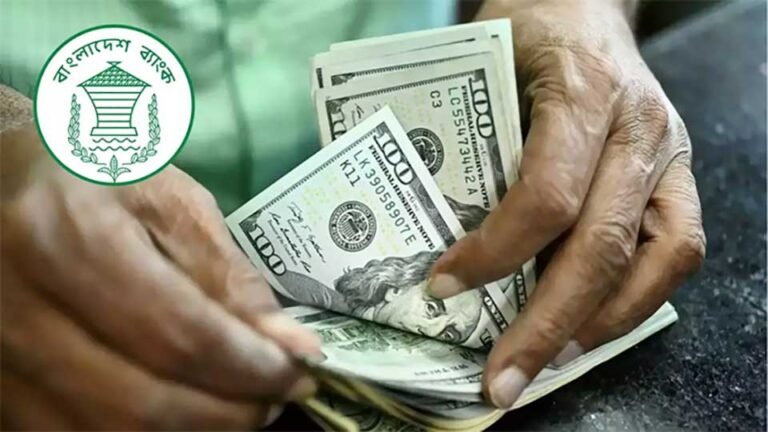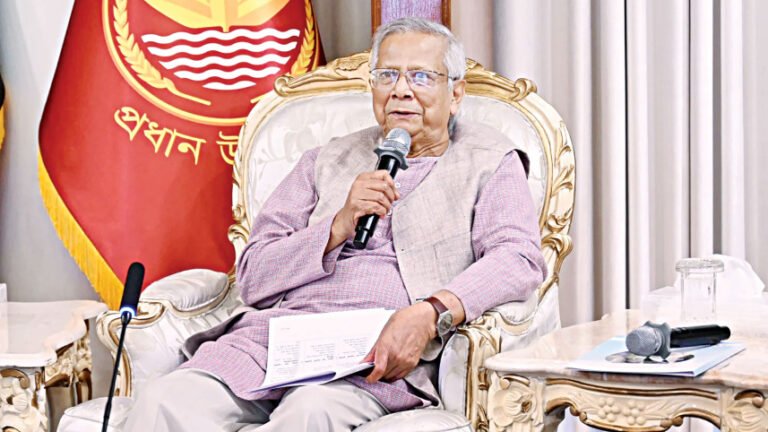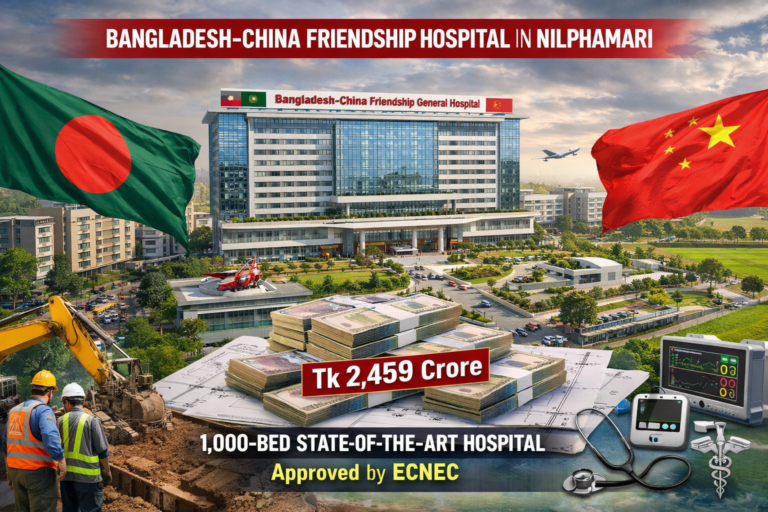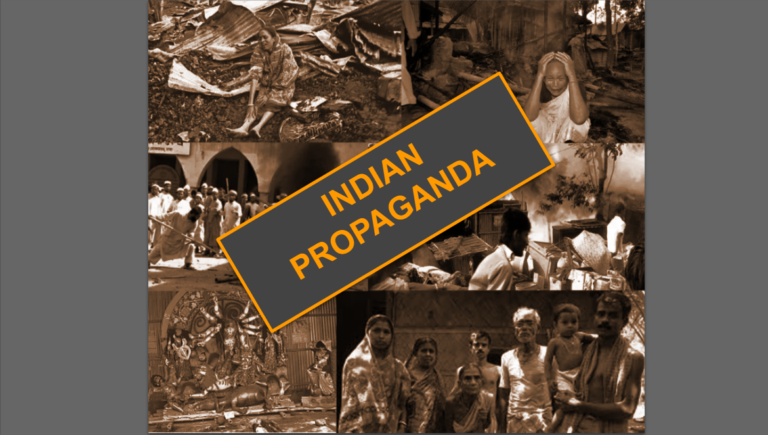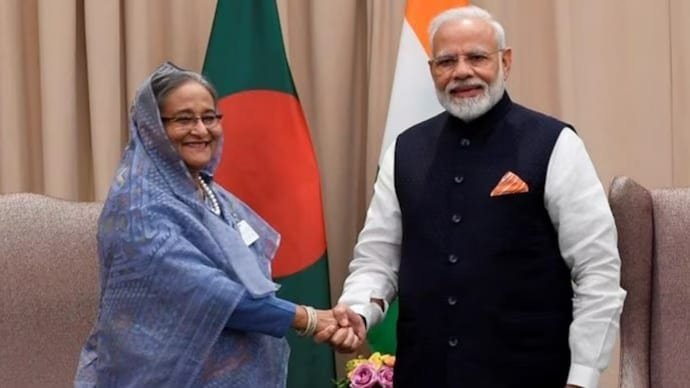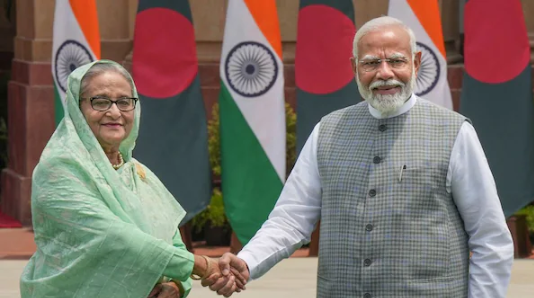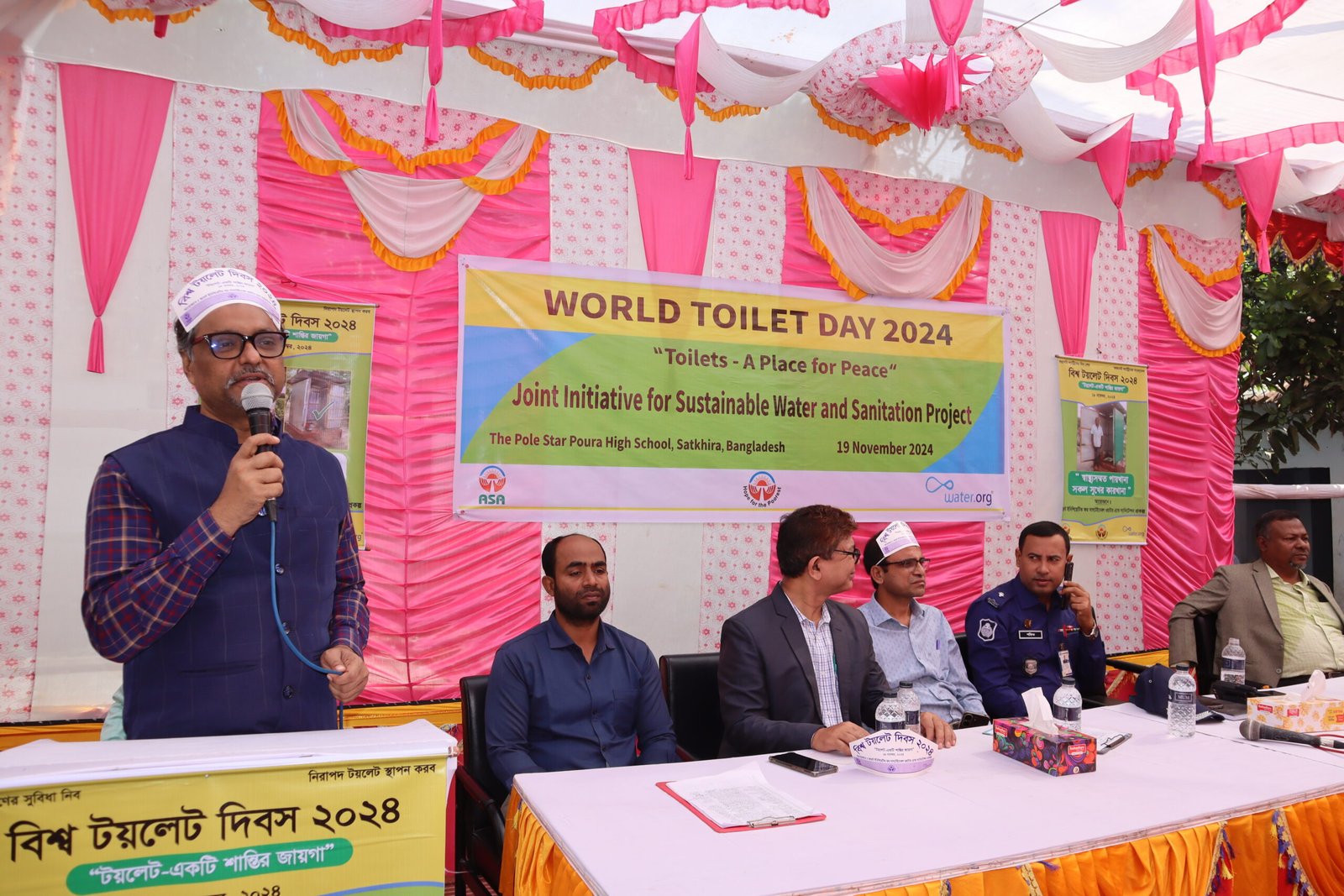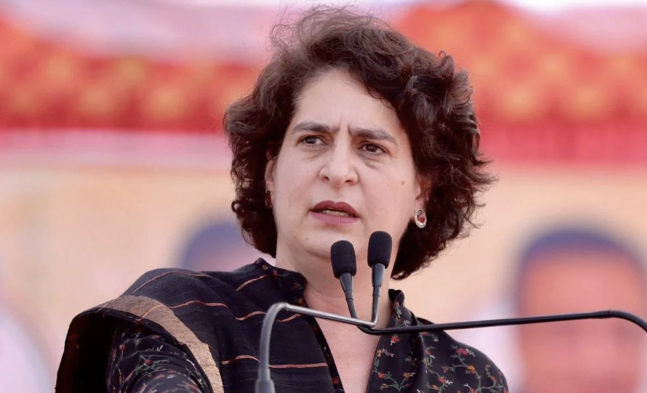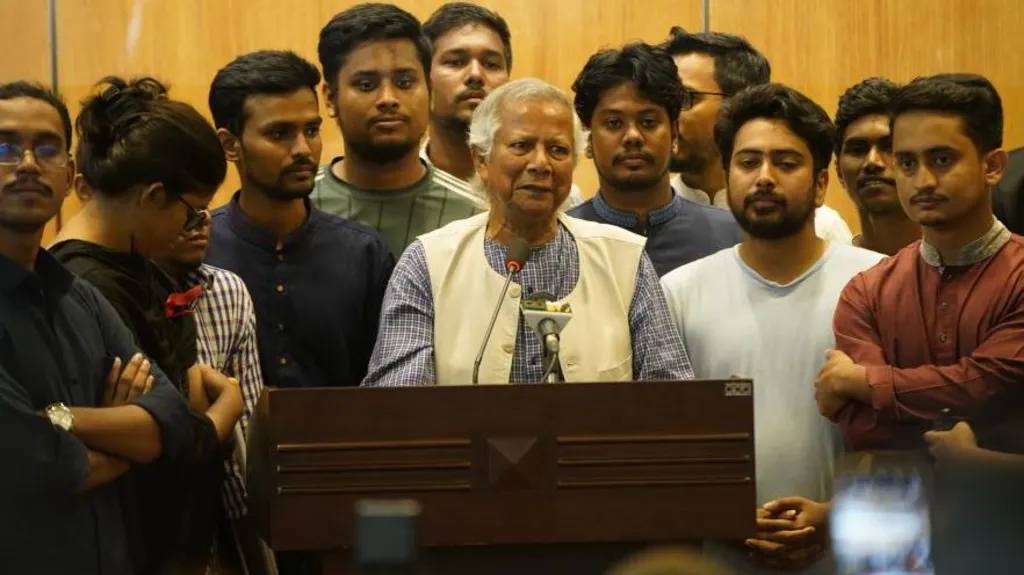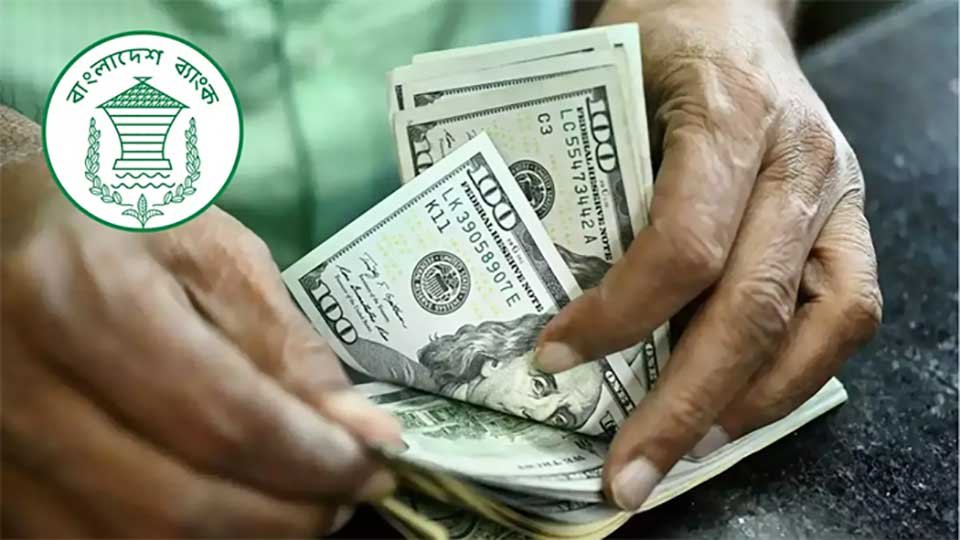Sheikh Hasina, the former Prime Minister of Bangladesh, has been staying in India since her forced departure from Bangladesh on August 5. She has developed a close and privileged relationship with Indian Prime Minister Narendra Modi, but her presence in India is now raising concerns in Delhi about losing influence to China, according to a report by the French newspaper “Le Monde”.
Hasina, along with other officials, is currently under investigation by a Dhaka court for the death of a man during protests against her government. These protests have resulted in the deaths of over 450 people. In response, Hasina issued a statement, shared by her son Sajeeb Wazed Joy on X (formerly Twitter), demanding that those responsible for the “heinous killings” and “acts of sabotage” be brought to justice. She also called on her supporters to gather on August 15 at the museum house of her father, Sheikh Mujibur Rahman, which was recently attacked and vandalized by protesters. However, the rally was cut short due to the presence of a hostile crowd armed with sticks.
In 1996, Hasina declared the anniversary of her father’s assassination a public holiday to honor Sheikh Mujibur Rahman, the hero of the Bangladesh Liberation War, who was killed in a coup in 1975. This decision was later overturned by an interim government led by Muhammad Yunus.
Hasina’s stay in Delhi, described as “temporary” by the Indian foreign minister, may extend if another country does not offer her refuge. Her exact location in India has not been disclosed, but reports suggest that she arrived at the Hindon military base in Ghaziabad on August 5, where she was visited by Ajit Doval, India’s national security adviser, who is close to Prime Minister Modi.
Since 2014, Modi and Hasina have forged a strong relationship. Hasina was the first official guest of Modi’s second term, visiting in June after his re-election as India’s Prime Minister. Modi has consistently supported Hasina despite criticisms of her autocratic rule, viewing Bangladesh as a crucial ally in his “Neighborhood First” policy. This policy is driven by Modi’s opposition to Pakistan and competition with China, as well as his desire to support an ally against Islamist extremist groups and anti-Indian separatists in Northeast India. Bangladesh shares a 4,000-kilometer border with India.
In return, India has developed trade agreements with Bangladesh, improved road and rail connectivity, and provided low-interest credit lines, helping to alleviate poverty in Bangladesh. However, India’s strong support for Hasina risks intensifying anti-Indian sentiment in Bangladesh, with the opposition accusing India of interfering in domestic politics and supporting the ruling Awami League during elections.
Experts like Sreeradha Datta, a professor at India’s Jindal University, argue that India needs to move away from its binary approach of supporting the Awami League over other political parties and demonstrate a willingness to engage with the interim government on all policy issues. Thomas Kean of the Crisis Group NGO also advises India to be cautious, ensuring that it does not create the perception that it is undermining the interim government or the aspirations of the Bangladeshi people.




